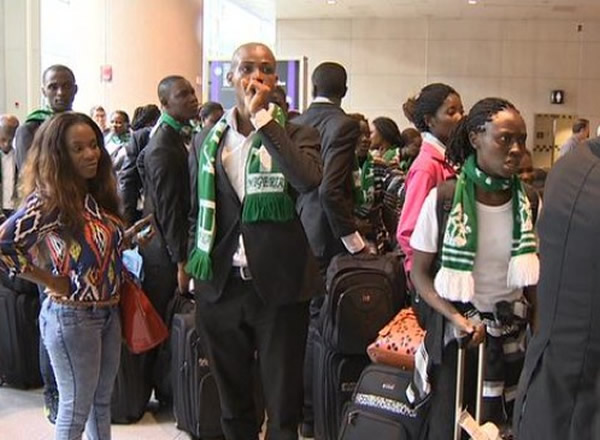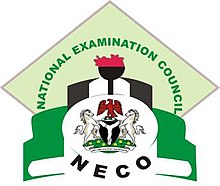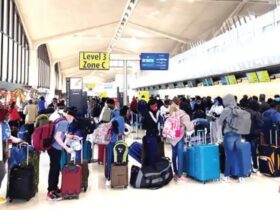In a report released by the Central Bank of Nigeria (CBN), it has been revealed that in the first half of 2023, Nigerian students seeking admission to foreign universities spent a substantial $340.84 million on application fees.
This figure has raised significant concerns about the current state of Nigeria’s education sector.
The data marks a notable decline of 44.28 percent when compared to the previous quarter.

The CBN’s records on expenditure for educational services within the foreign exchange sector provide valuable insights into this trend.
Breaking down the numbers, the CBN reported that in April 2023, $40.54 million was allocated for foreign education, a figure that would slightly increase to $48.81 million in May 2023. However, June 2023 witnessed a significant drop in spending, with just $32.61 million being directed towards foreign education.
When contrasting these figures with the $218.88 million spent in the first quarter of 2023, the reduction becomes even more apparent, representing a decrease of $96.92 million, which is equivalent to 44.28 percent.
According to reports by PUNCH newspaper, when comparing the first half of 2023 to the same period in the previous year, the performance decline stands at a substantial $124.42 million, indicating a 50.5 percent decrease in spending.
One particularly worrisome aspect of this situation is the lack of significant funds flowing back into the local education sector from foreign academic institutions.
A major contributing factor to this decline is the recent FX harmonisation policy, which has made it increasingly challenging to obtain foreign exchange from the CBN. Many students have had to turn to Bureau de Change operators due to delays in banks processing the required Form A.
Also, data obtained from the British Home Office indicates a remarkable increase in the number of study visas granted to Nigerians. These numbers have surged by a staggering 222.8 percent, with 65,929 visas issued as of June 2022, compared to 20,427 during the same period in 2021.
CBN is grappling with a backlog of accumulated forex demand in the official market, pushing individuals and businesses to resort to the black market to acquire dollars. The shrinking dollar inflow to Nigeria in recent years is a result of declining investments and a reduction in crude oil exports, which constitute more than 90 percent of the country’s export income.








Leave a Reply